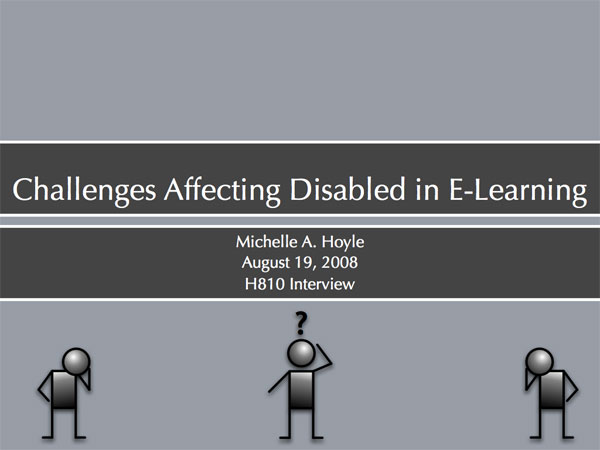Back in March 2011, I gave an invited keynote at the JISC Scotland/Consolarium Game To Learn: Take 2 conference in Dundee, Scotland. The abstract read:
All you need to understand is everything you know is wrong.
—Weird AlMy mother told me cleaning toilets builds character if done repeatedly. The other night five friends spent more than three hours dying over and over again while playing World of Warcraft (WoW). She never said anything about dying. I found cleaning toilets only gets you clean toilets. Dying and playing, however, teaches you important things. Demons, dragons, dwarves, and possibly folklore, you could see, but learning, love, and leadership?
Sounds crazy, but it’s true: World of Warcraft has something to say about learning. Prepare yourself, because everything you thought you knew is wrong.
The talk went very well and the slides were available shortly after the talk via SlideShare, but I was somewhat remiss in preparing a version for my blogs. This version was originally posted on my WoW Learning Project site.
You have a choice of formats:
- The original slides (slightly cleaned up) via SlideShare.
- The original slides and notes (slightly cleaned up) via SlideShare.
- A downloadable PDF version of this blog post (from copy at WoWLearning).
- This blog post.
This post is a written version of the original talk with the more important slide graphics incorporated. It can therefore be read without the original slides. Enjoy! If you have any comments, feel free to leave them.








